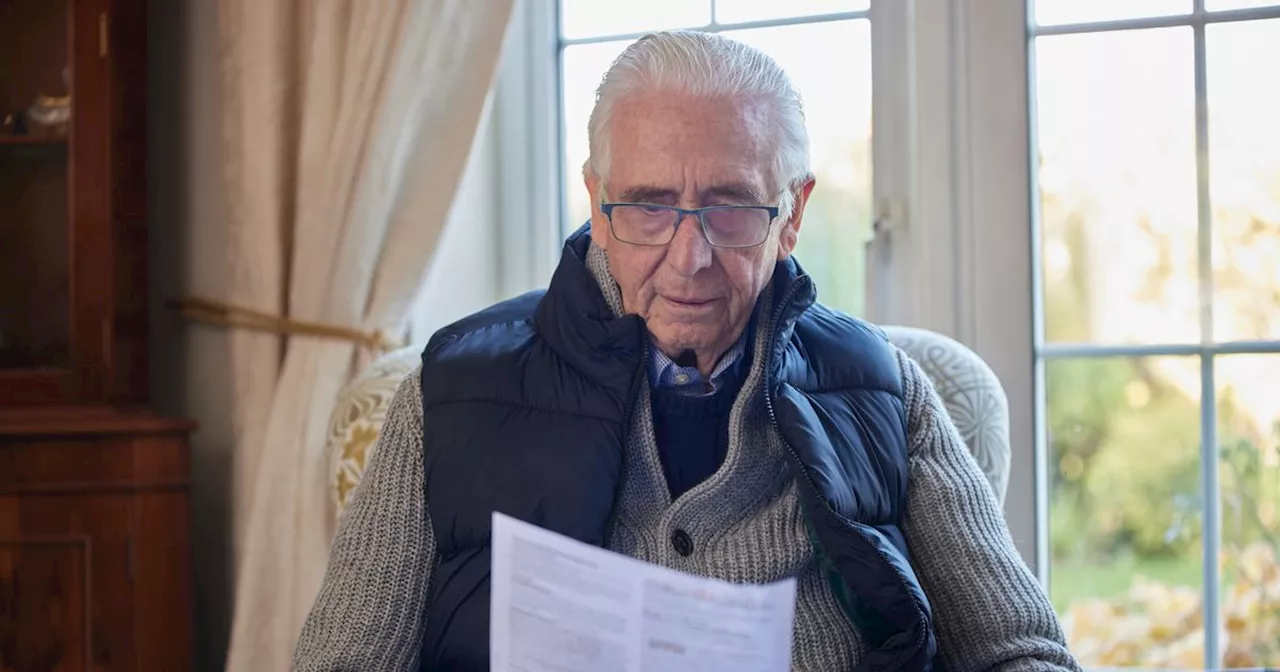The Scottish House Condition Survey reveals a shocking increase in fuel poverty, with over 861,000 households impacted. Labour and charity groups call for urgent action from the Scottish Government to address the crisis and support vulnerable households.
The number of Scots experiencing fuel poverty is on the rise, with over a third of households struggling to cover their heating costs. The Scottish House Condition Survey revealed that 861,000 households, or 34 percent, faced fuel poverty in 2023, a 31 percent increase from the previous year. This alarming trend emerged before the UK Government's announcement that the Winter Fuel Payment for older individuals would become means-tested.
Fuel poverty is defined as spending more than 10 percent of one's income on energy. A staggering 491,000 households, representing 19.4 percent of the total, were estimated to be in extreme fuel poverty in 2023, a category defined as spending over 20 percent of income on energy. The survey also highlights a positive development: 61 percent of dwellings in Scotland are now rated as EPC band C or higher, a significant increase of 37 percentage points since 2010. Mark Griffin, Scottish Labour's housing spokesperson, expressed his concern, stating, 'This is the shameful legacy of the last Tory government and the current SNP government. The Tories caused economic carnage, and the SNP has failed to upgrade Scottish homes with the speed needed, leaving thousands of Scots trapped in fuel poverty. Labour is working to rectify the Tories' mess, and GB Energy will help reduce bills by providing cheaper, cleaner energy. However, the SNP cannot evade its responsibilities.'Griffin further criticized the SNP government, saying, 'Scotland's housing emergency means that far too many Scots are living in homes that are inadequate. Year after year, the SNP has siphoned funds from energy efficiency programs. We urgently need a comprehensive plan to address this crisis and upgrade Scottish homes – resulting in lower bills, less fuel poverty, and reduced emissions.' Debbie Horne, Scotland policy and public affairs manager at Independent Age, echoed these concerns, stating, 'This is deeply troubling and indicates that a substantial shift is required to achieve Scotland's fuel poverty targets. Cold homes pose a risk to health, especially for older individuals. Our helpline receives daily calls from elderly people who resort to wearing coats indoors, bathing less frequently, and skipping meals. In a fair and prosperous nation, no older person should endure fuel poverty.' Horne welcomed the Scottish Government's call for a social tariff but emphasized that 'more can be done.' She urged the Scottish Government to 'urgently develop a strategy to combat pensioner poverty.' Horne pointed out that with 317,000 older households in fuel poverty, 'this cannot be delayed.' She stressed, 'Today's figures underscore the need for strategic action to lower bills by enhancing energy efficiency assistance and ensuring that the energy social security accessible to older people is adequate.' Housing minister Paul McLennan acknowledged the government's efforts within its limited devolved powers, stating, 'We continue to support vulnerable households through our energy efficiency programs – Warmer Homes Scotland and area-based schemes. We recently announced additional funding of £41 million to address fuel poverty, including £20 million through the Scottish Welfare Fund and a £20 million increase to the Warmer Homes Scotland scheme.' He concluded that this funding would 'help around 1,500 additional households save an average of £400 per year each on their heating bills.'
FUEL POVERTY SCOTLAND HOUSING CRISIS ENERGY COSTS SOCIAL WELFARE SNP GOVERNMENT
United Kingdom Latest News, United Kingdom Headlines
Similar News:You can also read news stories similar to this one that we have collected from other news sources.
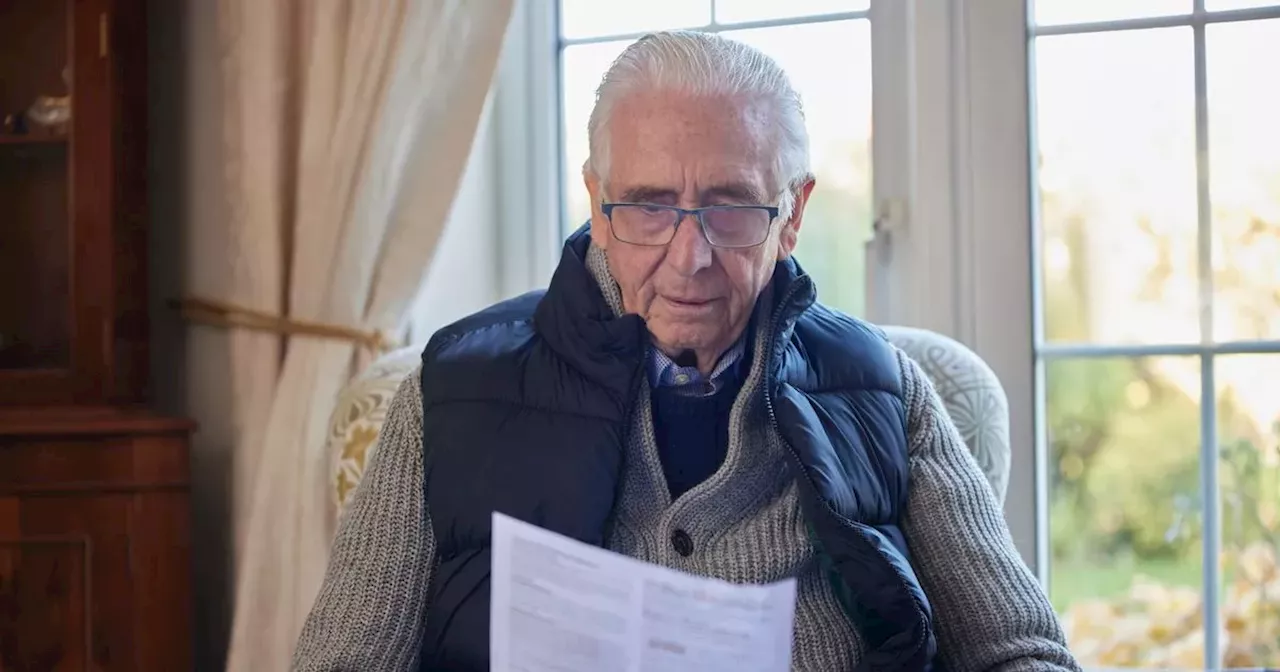 Fuel poverty rises in Scotland, with over a third of households struggling to pay heating billsThe number of Scots living in fuel poverty has increased, with over one third of households facing difficulties paying their heating bills. A Scottish House Condition Survey revealed that 861,000 households, representing 34% of the total, were in fuel poverty in 2023, a 31% rise from the previous year. Fuel poverty is defined as spending more than 10% of income on energy, with 19.4% of households experiencing extreme fuel poverty (spending over 20%).
Fuel poverty rises in Scotland, with over a third of households struggling to pay heating billsThe number of Scots living in fuel poverty has increased, with over one third of households facing difficulties paying their heating bills. A Scottish House Condition Survey revealed that 861,000 households, representing 34% of the total, were in fuel poverty in 2023, a 31% rise from the previous year. Fuel poverty is defined as spending more than 10% of income on energy, with 19.4% of households experiencing extreme fuel poverty (spending over 20%).
Read more »
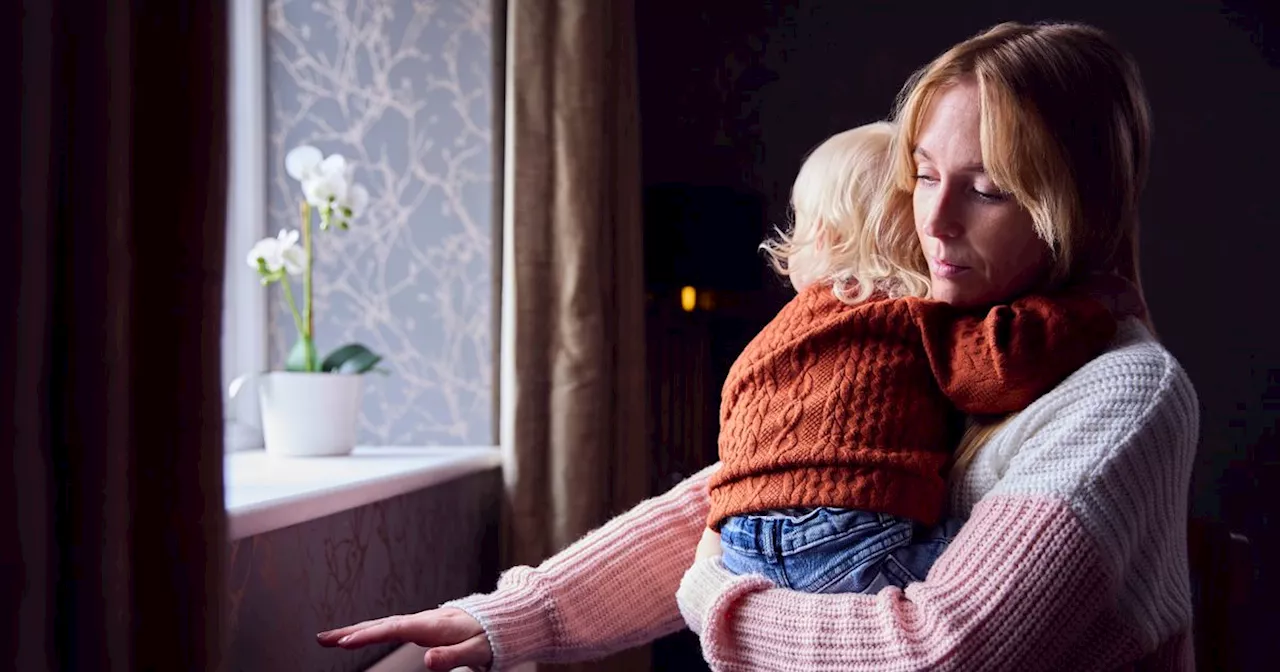 Scottish Child Payment Must Rise to £40 per Week to Combat Poverty, Campaigners DemandAnti-poverty campaigners are urging the Scottish Government to increase the Scottish Child Payment to £40 per week before the next Holyrood election. They argue that the current payment of £27.15 per week has not kept pace with inflation and the rising cost of living. While the SNP Government has highlighted the payment as a flagship policy to assist low-income families, campaigners maintain that more substantial measures are needed to effectively address poverty in Scotland.
Scottish Child Payment Must Rise to £40 per Week to Combat Poverty, Campaigners DemandAnti-poverty campaigners are urging the Scottish Government to increase the Scottish Child Payment to £40 per week before the next Holyrood election. They argue that the current payment of £27.15 per week has not kept pace with inflation and the rising cost of living. While the SNP Government has highlighted the payment as a flagship policy to assist low-income families, campaigners maintain that more substantial measures are needed to effectively address poverty in Scotland.
Read more »
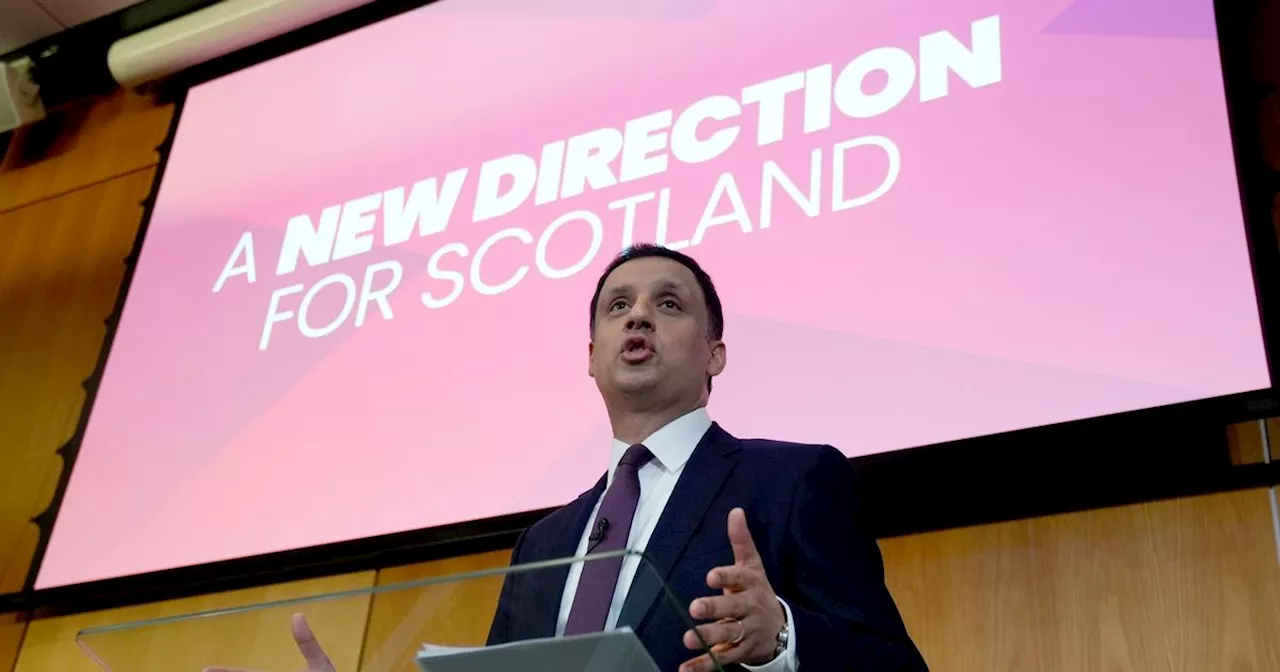 Sarwar: Higher Welfare Alone Won't End Poverty in ScotlandScottish Labour leader Anas Sarwar argues that addressing poverty requires more than just increasing welfare payments.
Sarwar: Higher Welfare Alone Won't End Poverty in ScotlandScottish Labour leader Anas Sarwar argues that addressing poverty requires more than just increasing welfare payments.
Read more »
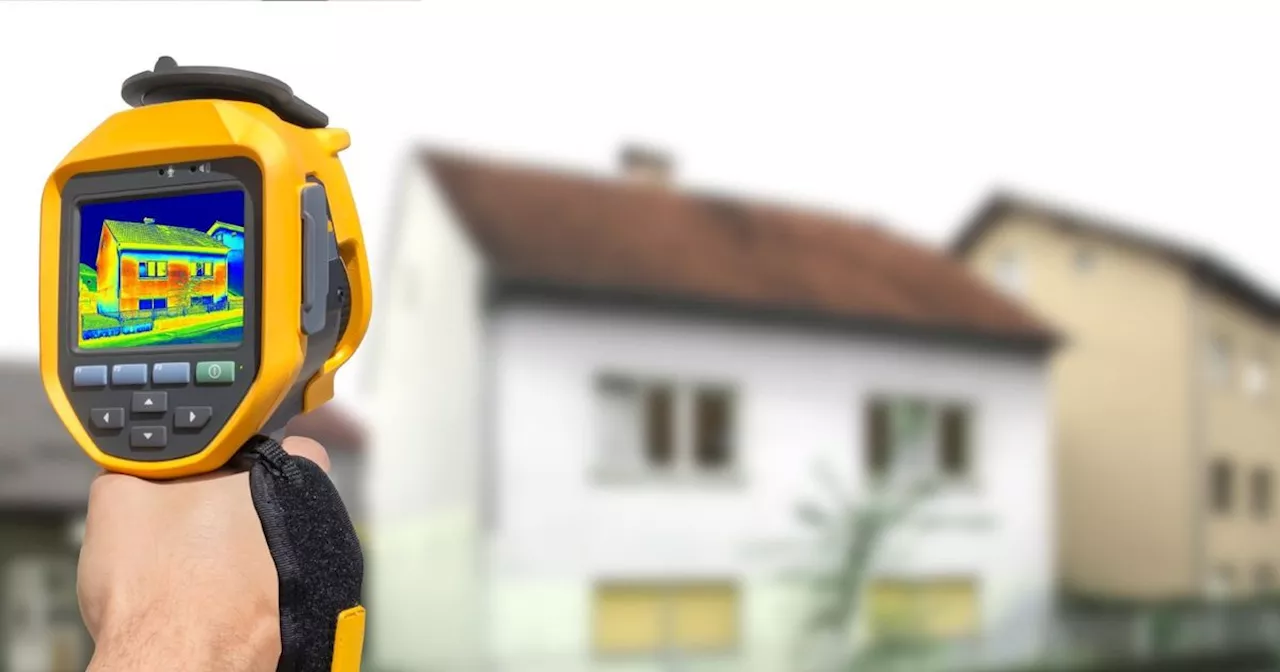 Nearly 5,000 Scots Households Miss Out on Fuel Poverty Upgrades as £60 Million UnspentNew figures reveal that nearly a third of a £192 million Scottish Government fund for energy efficiency projects has gone unused over the last three years. Housing and energy groups are calling on SNP ministers to address Scotland's leaky housing stock to help those struggling with fuel poverty.
Nearly 5,000 Scots Households Miss Out on Fuel Poverty Upgrades as £60 Million UnspentNew figures reveal that nearly a third of a £192 million Scottish Government fund for energy efficiency projects has gone unused over the last three years. Housing and energy groups are calling on SNP ministers to address Scotland's leaky housing stock to help those struggling with fuel poverty.
Read more »
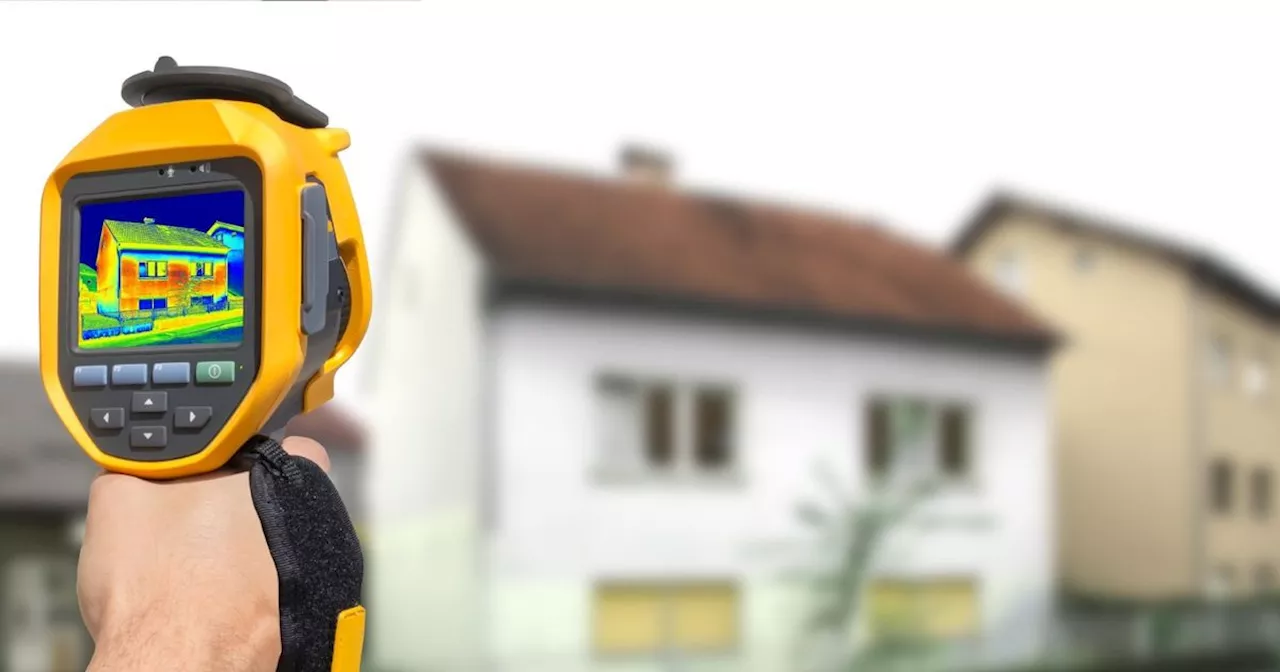 £60 Million Unspent: Thousands Miss Out on Fuel Poverty Homes UpgradesNearly 5,000 Scottish households facing fuel poverty have missed out on energy efficiency upgrades as £60 million from a government fund went unspent. Energy and housing groups are urging the Scottish Government to address the issue of Scotland's leaky housing stock.
£60 Million Unspent: Thousands Miss Out on Fuel Poverty Homes UpgradesNearly 5,000 Scottish households facing fuel poverty have missed out on energy efficiency upgrades as £60 million from a government fund went unspent. Energy and housing groups are urging the Scottish Government to address the issue of Scotland's leaky housing stock.
Read more »
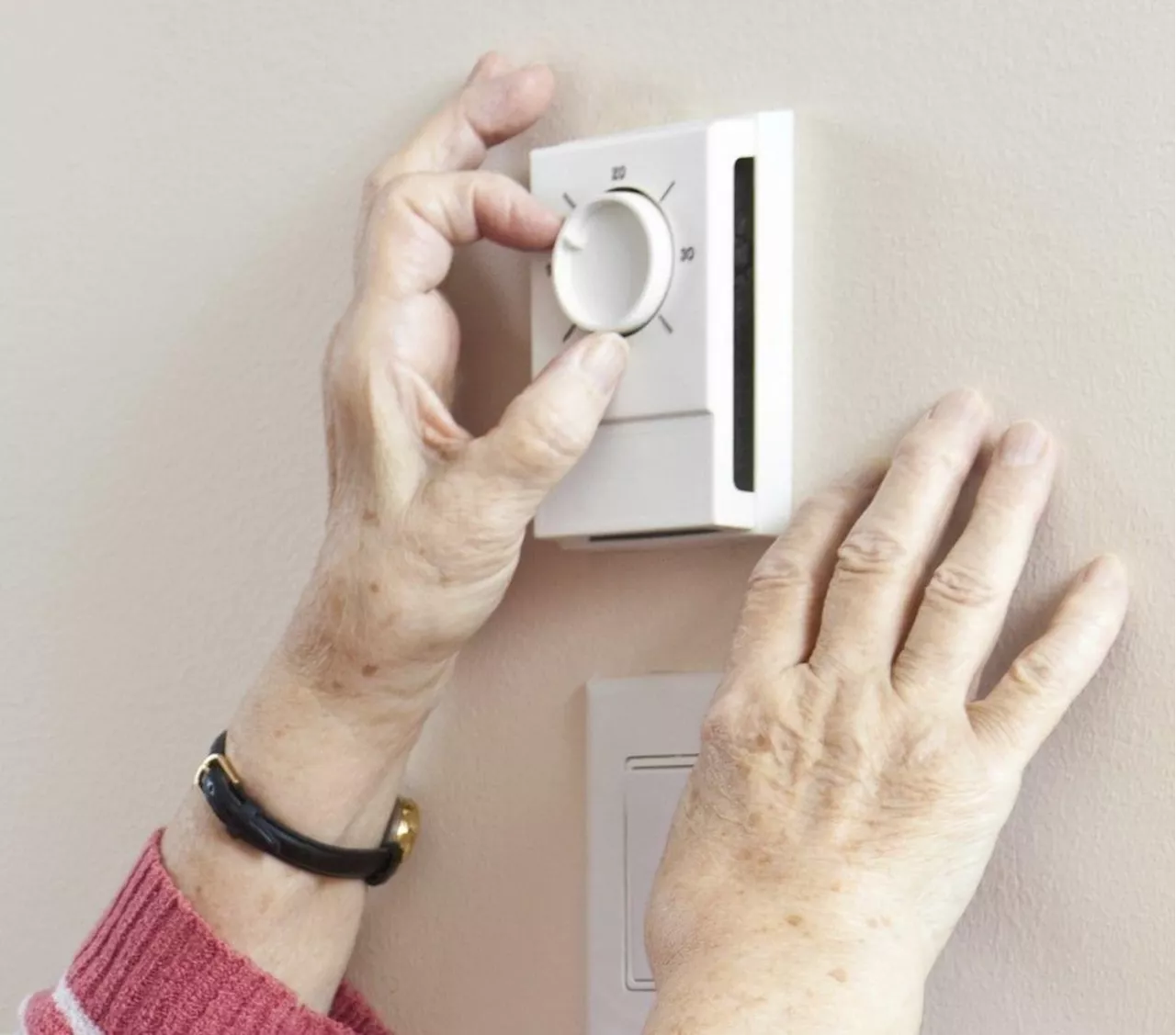 27,000 Shropshire Households Face Fuel Poverty as Winter ApproachesA new report reveals over 27,000 households (18.9%) in Shropshire are living in fuel poverty, a growing concern as temperatures drop. The report, published by the Department for Energy Security and Net Zero, highlights the national issue with 3.18 million households (13.1%) in England facing fuel poverty. OFTEC, a trade association, analyzed the data, emphasizing the increasing number of households struggling to afford heating bills. Malcolm Farrow from OFTEC expresses deep worry about the situation and encourages households to seek available financial support.
27,000 Shropshire Households Face Fuel Poverty as Winter ApproachesA new report reveals over 27,000 households (18.9%) in Shropshire are living in fuel poverty, a growing concern as temperatures drop. The report, published by the Department for Energy Security and Net Zero, highlights the national issue with 3.18 million households (13.1%) in England facing fuel poverty. OFTEC, a trade association, analyzed the data, emphasizing the increasing number of households struggling to afford heating bills. Malcolm Farrow from OFTEC expresses deep worry about the situation and encourages households to seek available financial support.
Read more »
